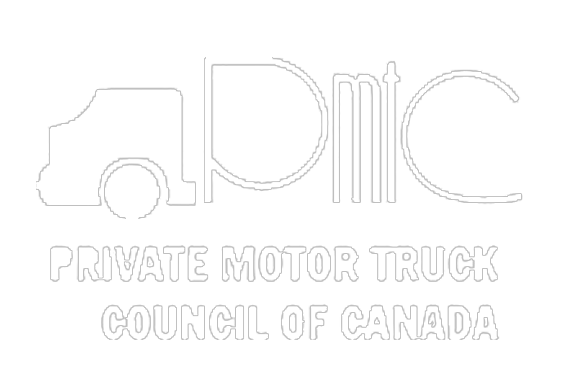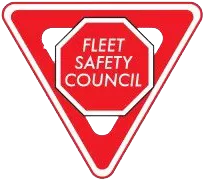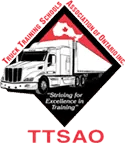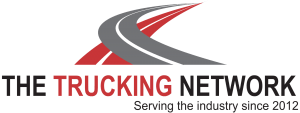With spiraling inflation and supply chain chaos already stretching from one end of Canada to another, a deadline is approaching that will create further havoc and difficulties in the already compromised Trucking industry.
On Tuesday, November 23 U.S. President Biden’s administration announced that it will require essential, nonresident travelers crossing U.S. land borders to be fully vaccinated for COVID-19 and provide proof of vaccination as of January 22, 2022.
This directly affects all truck drivers as well as other essential cross-border workers.
Canada, in a reciprocal move, will restrict truck drivers and other groups of travelers previously exempt from entry beginning Jan. 15, 2022. They too will need proof of vaccination.
Truckers heading in either direction across the border will need proof of full vaccination by those dates. Last vaccine doses must have been administered at least 14 days prior.
It is believed that thousands of truckers may not meet this timeline, causing supply chain issues of major proportion.
In a press release on Nov. 19, The Canadian Trucking Alliance said that it will be pressing governments for more time to prepare for the cross-border mandates.
CTA president Stephen Laskowski says “This is making a bad situation a lot worse. It’s the perfect storm.” Referring to a supply chain and trucking industry that is already in turmoil while it struggles to meet and maintain service levels needed to deliver critical products for both Canadians and Americans.
For industries as diverse as fruit and vegetable imports to auto parts manufacturing the prospects are frightening.
Both Canada and the U.S. need smooth border trade. Canada is the biggest trade partner for the U.S and vice versa.
Steve Bamford, of the Toronto Wholesale Produce Association, predicted the driver shortfall will push the already-rising price of fruits and vegetables higher.
With a potential reduction of 20% in the cross-border truck driver workforce, the already compromised supply chain could become chaotic. Not to mention already existing truck driver shortages.
We know that supply and demand already affect prices. Now it may also affect salaries that trucking companies pay drivers, as they too scramble to retain the ones they have or need to recruit.
Regardless, increased shipping costs will be passed onto wholesale customers, and eventually to prices at your local fruit and vegetable stand. Not to mention all other goods and commodities.
This means goods going both ways. Canada’s auto part industry depends directly on trucking, which is the lifeblood of the industry. Almost half of the Canadian car part industry’s production of $35 billion output crosses the border.
The Biden administration had extended the deadline to mid-January specifically so as not to disrupt cross-border trucking.
The bigger picture in the U.S. is that Biden is dealing with a country-wide vaccination push back. In the U.S. just 60% are fully vaccinated, compared to 80% fully vaccinated in Canada.
The trucking industry is bound to lobby for an extension of the January timeline. Keeping cross-border trade running efficiently and uninterrupted is essential to both our economies.
The pandemic continues to push prudent government policies. It seems clear that vaccine mandates are one more hurdle for trucking and our struggling economy. But obviously, the governments on both sides of the border see them as essential.

